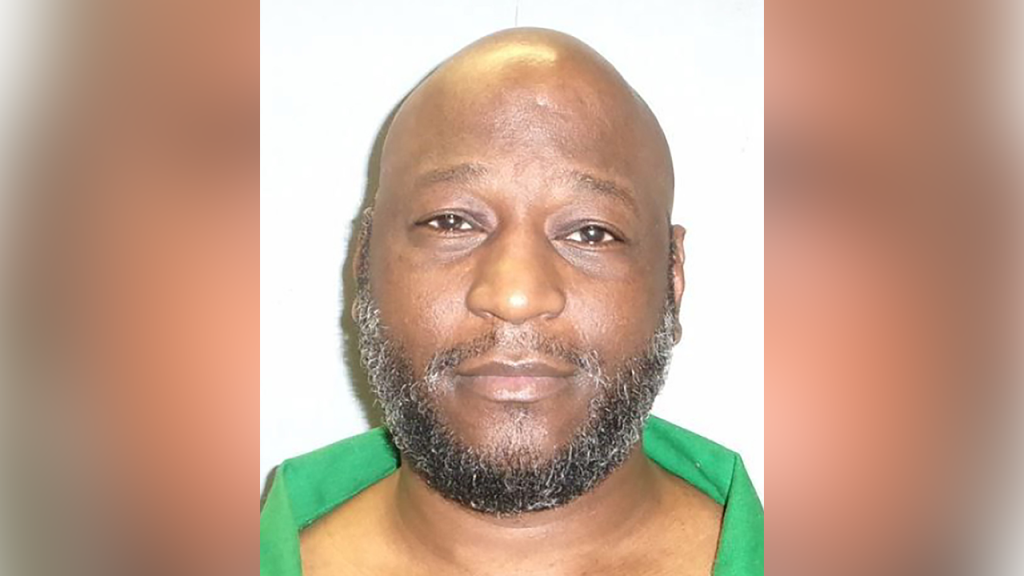Freddie Owens, a South Carolina inmate facing execution for the 1997 killing of store clerk Irene Graves, has left the decision of his execution method to his lawyer. Owens, citing his Muslim faith and belief that suicide is a sin, believes that choosing his own execution method would be an active role in his own death. His attorney reluctantly chose lethal injection as the method, expressing concerns about whether the drug would effectively kill Owens without causing excessive pain.
Since 2011, South Carolina has not carried out any executions due to difficulties obtaining lethal injection drugs. However, a shield law passed last year allows officials to keep suppliers private and grants the use of the electric chair and firing squad as execution methods. Owens is among six inmates who have exhausted their appeals and are facing execution. His lawyers have attempted to delay his death by suggesting that his co-defendant lied about having a plea deal to testify against Owens, and that his brain was not fully developed at the time of the crime.
Owens’ attorneys have filed legal motions seeking to delay his execution, but there have been no delays thus far. Despite concerns about the drug used in lethal injections, the South Carolina Supreme Court ruled that prison officials provided enough information about the stability and potency of the drug. Owens’ last chance to avoid execution rests on the governor granting clemency and reducing his sentence to life in prison, but no governor in the state has done so in the past 43 executions since the death penalty was reinstated in 1976.
The South Carolina Attorney General’s Office defended Owens’ conviction and sentence, arguing that he has had ample opportunities to contest them and is not entitled to further proceedings. Concerns over the co-defendant’s testimony, bias from jurors, and Owens’ age at the time of the crime have been addressed in previous appeals and sentencing hearings. Despite evidence inconsistencies and questions about Owens’ involvement in the killing, prosecutors stand by the co-defendant’s testimony and argue that Owens’ sentence is appropriate given the circumstances of the crime.
Owens’ execution is scheduled for September 20, and if carried out, it will be the first execution in South Carolina in over 13 years. The state previously used a mixture of three drugs for lethal injections but has now switched to using the sedative pentobarbital in a protocol similar to that of the federal government. Owens, along with 32 other inmates on death row in South Carolina, faces the possibility of execution as his legal avenues for appeal have been exhausted.
Despite efforts by his attorneys to delay his death, Owens’ fate remains uncertain as the execution date approaches. With the decision in the hands of the governor to grant clemency, the final outcome of the case will ultimately rest on whether Owens’ sentence is upheld or commuted. As the legal battles continue, the debate over the use of the death penalty and the methods of execution in South Carolina are brought to the forefront once again.













